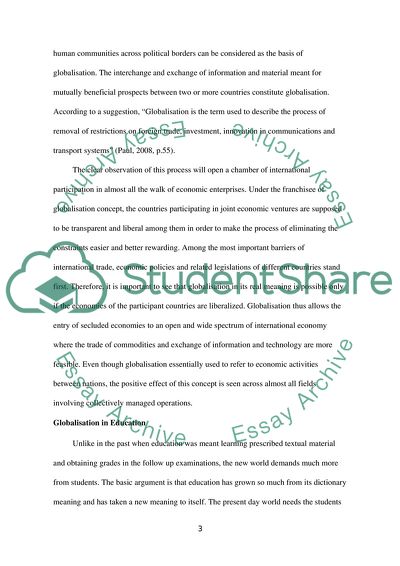Cite this document
(“Globalisation is a force for good. Discuss Essay”, n.d.)
Retrieved from https://studentshare.org/social-science/1662390-globalisation-is-a-force-for-good-discuss
Retrieved from https://studentshare.org/social-science/1662390-globalisation-is-a-force-for-good-discuss
(Globalisation Is a Force for Good. Discuss Essay)
https://studentshare.org/social-science/1662390-globalisation-is-a-force-for-good-discuss.
https://studentshare.org/social-science/1662390-globalisation-is-a-force-for-good-discuss.
“Globalisation Is a Force for Good. Discuss Essay”, n.d. https://studentshare.org/social-science/1662390-globalisation-is-a-force-for-good-discuss.


